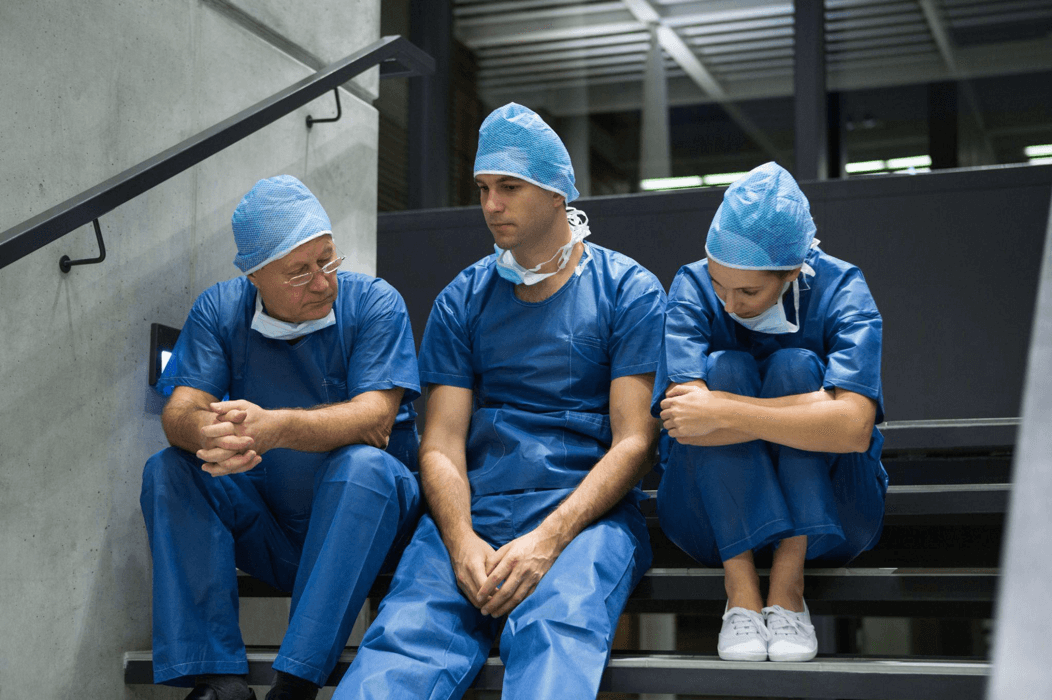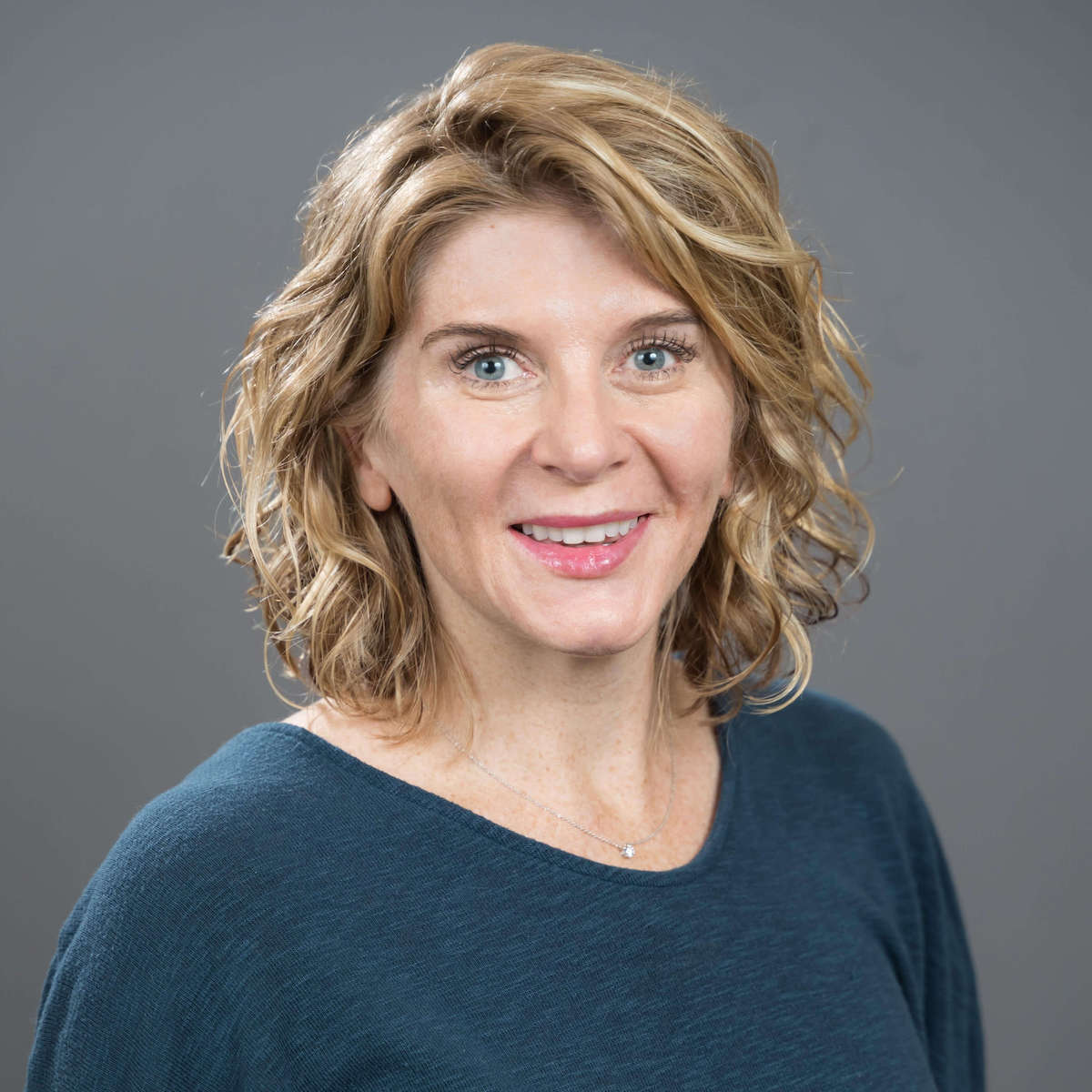
When (not if) Bad Things Happen
By Tina Runyan, PhD, ABPP
Tend Health Co-Founder
Most of us have experienced at least one, and perhaps several, unfortunate and upsetting experiences and outcomes with patients. These include family tragedies, diagnosis of disease, and death of patients who have become dear to us. These also include interactions or outcomes that are intricately related to our role in their care. While “adverse events” are part of being a doctor, many of us are not fully prepared – or gracefully able to deal with these – when it is our turn. And let’s be honest – it is really painful when this happens, for everyone involved. Working in healthcare eventually requires all of us to acknowledge the complex error-prone system in which we deliver care. Caring for complex human beings is precarious work, and presumably, during our training, we receive guidance in how to deliver, and how to receive bad news, and perhaps most challenging of all in how to offer an apology.
What do you recall learning about how to successfully navigate your own reactions and needs when bad things happen?
What did you observe in your teachers and mentors when bad things happened?
Healthcare training is so pointedly focused on the patient and family, we sometimes forget that we are part of the equation.
There is no universal protocol for what to do when bad things happen. It is all contextual and, ultimately, persona – so be wary of anyone who insists on a rigid formula. Often, these events occur in the flow of a busy day and the needs of the next patient take precedence over reflection and processing. This is when short-term compartmentalization is truly an effective skill.
Feelings demand to be felt and reckoned with.
There are a variety of ways to do this, but addressing your feelings is essential. It might be most comfortable to talk with a peer, and sometimes a more experienced colleague – whom you respect and trust – can also lend a beneficial ear, as they have undoubtedly experienced these types of events.
To this end, you may have had the privilege of being sought after to process an adverse event. Please consider that no one wants to first hear how experiencing this event will make them a better doctor or that it happens to everyone. Think about this – if a child is having trouble falling asleep because of ‘the monsters under the bed’, simply telling them that monsters are not real, turning off the light and closing the door is unlikely to get them to sleep. But, if you take a few minutes and look under the bed, in the closet, behind the curtains and confidently declare that you have cleared the room and are certain there are no monsters, they might just settle in and go to sleep. As seductive as it may be to reflexively reassure someone, being too quick to do so can feel dismissive and invalidating.
When bad things happen, there is a rich opportunity to: (1) generously listen without judgment and without diving too much into the details of the case (no matter how much you want to!); and (2) model and practice self-compassion by asking: “what do you most need, right now, to help manage this suffering?” Both this question and the answer can start the therapeutic process of integrating these events into the full tapestry of our clinical work.
About Tend Health
At Tend Health, our mission is to ensure all healthcare professionals have access to exceptional mental health care. We partner with organizations and training programs to provide low-friction, human-centered, and highly specialized support. Our doctoral-level clinicians also provide private one-on-one counseling and coaching for health professionals. Get in touch today to learn more.


 We love staying connected to our community.
We love staying connected to our community.
 Tina Runyan, PhD, ABPP
Tina Runyan, PhD, ABPP